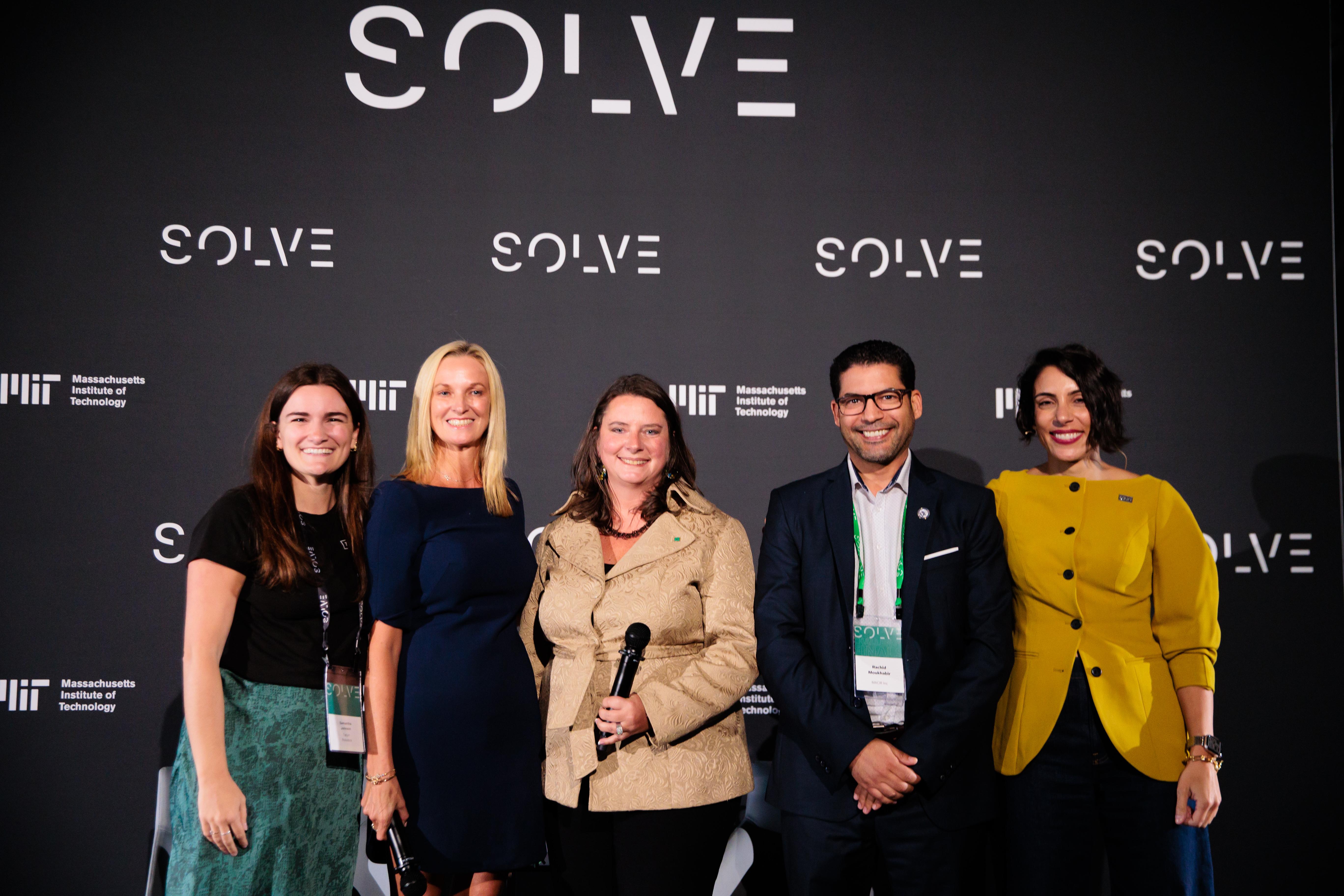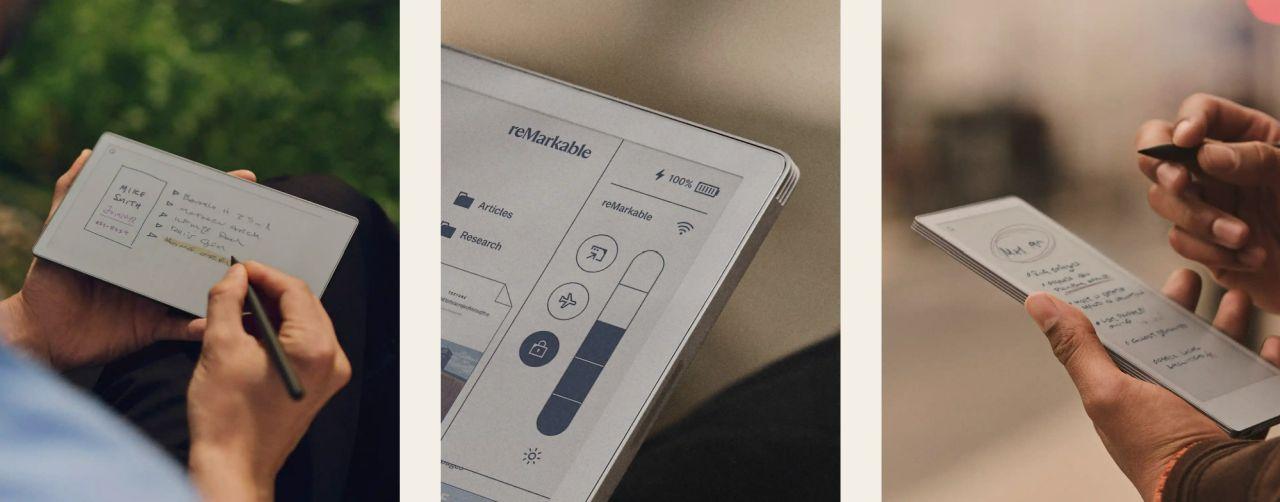
Venture Entrepreneur and Philanthropist Oliver Libby’s Primer on Launching New Businesses and the Future of Work
Oliver Libby, Chair and Co-Founder of The Resolution Project and Managing Partner and Co-Founder of Hatzimemos / Libby, is a member of our esteemed Challenge Leadership Group for the Work of the Future Challenge. In this Challenge, we ask: how can those most affected by the technology-driven transformations of work create productive and prosperous livelihoods for themselves?
As an experienced entrepreneur and leader, Libby has a wealth of experience founding initiatives, growing companies, and building teams—all critical skills for the next Solver class. In this Q&A, he shares some of his top pieces of advice for new entrepreneurs.
When launching a new venture, entrepreneurs will inevitably experience setbacks. What advice do you have for new entrepreneurs?
Both through my venture firm, Hatzimemos / Libby, and the nonprofit I co-founded, The Resolution Project, I’ve had a lot of experience with the “launch moment” for new enterprises. First and foremost, the team is everything. I would work with an A+ team that had a B+ idea (to start with), but not the reverse.
Founding teams can be a powerful combination; even a solo founder, however, should recruit founding team members early. Having co-founders or an initial team demonstrates resource magnetism, while shouldering the burden alone is virtually impossible, even from the outset.
Remember that everyone loves to be first to be second – what I mean is that most investors want to be “early” but not “first.” A first believer who is willing to invest a resource – be that cash, time, credibility, experience – is extraordinarily valuable. That’s why The Resolution Project is always the first institutional source of capital for our Resolution Fellows.
The so-called “hockey stick” curve is often a myth, and even when it plays out just like the story says, the curve is actually jagged when you look closer. Entrepreneurship involves daily ups and downs, even when it’s going well. Furthermore, you don’t need to start a unicorn business; you get to be an entrepreneur if you are building an organization of any kind that addresses a relevant concern.
Finally, all entrepreneurs should remember: you don’t get what you don’t ask for; you will, however, be surprised what you can get if you ask respectfully, prioritize responsiveness, listen carefully, and do an extraordinarily competent job.
In your experience, what approaches to problem solving are most effective? How do you effectively engage others to bring forth new ideas and perspectives?
Problem solving is best accomplished in teams with highly complementary members. In the organizations that I help lead, we value everyone’s opinions and we overtly remember to practice positive reinforcement. We know that input is key, but consensus is not always going to happen.
We welcome “task friction”—respectful, if at times vigorous, disagreements on a topic. We do not accept “relationship friction”—people taking those respectful disagreements and either making them personal or allowing them to leave the table. Ultimately, problem solving is about having the right people in place, and some sort of organized process that makes sense for that organization.
What role have partners played in the success of your venture? What tips do you have for other social entrepreneurs to find, pitch, and land partnerships?
I cannot stress enough how important partnerships are. Collaboration strengthens an organization and a sector. The connective fabric that links organizations creates tensile strength and resilience, better outcomes, better utilization of resources, and less duplication.
The Resolution Project is so partnership-oriented that we created the Pathway Partnership – over 100 organizations that we actively signed up into relationships to source or benefit our Fellows. We also partner with host conferences for our many competitions, so they can focus on what they do well (recruiting attendees, running a massive conference, etc.) and we do what we do well (running social venture competitions and selecting Fellows in whom to make a lifetime investment). Even on a personal side, I am a serial CO-founder – H / L, Resolution, my college a cappella group; whatever it might be, I had awesome co-founders with whom I partnered.
In terms of tips, take each pitch seriously; be well-prepared; be positive; and be respectful (without being shy or cowed – this is especially relevant when pitching a larger or older organization). A warm intro is best, but nothing absolves you from doing the research and the work to ensure a good meeting.
Remember that when seeking partnership, it must benefit both partners, and that not every partnership will close. Have a clear ask with a simple process and roadmap for the partnership. Clearly answer the actual questions that potential partners ask, and don’t be defensive.
Most importantly, as usual, everything is about people; you never know who you might meet that will lead to a great partnership, so be responsive, listen carefully, follow up regularly, and stay in touch respectfully but persistently!
Solve is about collaborating to solve the world’s most pressing problems. For those who might not have the connections or financial means to directly support Solver teams, how can they make an impact on the world?
Everyone has a role to play in positive change. I think of “capital” as broad, and synonymous with “resources”—you might have cash capital, time capital, network capital, social media capital, or expertise capital. Whatever your capital might be, invest it wisely in impactful activities. If you cannot make cash contributions, volunteer your time and/or use your experience to mentor. Almost anyone can mentor, as long as you are realistic about whom you are in a position to advise.
It’s also important today to share, promote, celebrate, and up-lift those making an impact. Even if you have a few dozen followers on social media, spread the word about organizations and work you care about, that you see being done well. Research and engage with things and people that inspire you. Look carefully at your communities and see how you can help, and whether even you might have a simple innovation that could help solve a problem.
And, wherever you are, whatever you believe, remember to—governments are a big part of innovation and impact, whether you like it or not. Your vote, if you are fortunate enough to have one, is your voice.
What role does technology play in this impact and social change? How can we make sure technology does more good for the world than bad?
Technology is a fundamental part of life today, no matter where you live. It has powerful positive potential but also comes with serious risks. Technology is only a tool, but it can incentivize or surface certain behaviors. With the right education, regulation, and culture around its use, technology has the capacity to increase access to goods and services, learning, communication, economic opportunity, financial inclusion, efficiency, healthcare, and so much more.
Tech can erase inefficiency, level the playing field, push opportunity out into populations that had little beforehand, and many more good things. Sadly, there’s no one easy recipe to ensure that tech does only good; rather, it’s about being honest with ourselves about the power technology brings, and taking the appropriate steps to harness that power.
For example, technology will likely make a whole bunch of jobs obsolete (it’s already started), but it’s also creating new jobs at a fast pace. The true success story here only gets unlocked if we can help populations keep up with the pace of new skills required. This is a question of better educational frameworks, collaboration across sectors, and other—but doable—steps.
If, for example, the pace of technology makes a lot of people’s skills obsolete at a fast and recurring rate, but we fail to properly prepare entire generations for this dynamic (and its sheer velocity), then we will end up with high tech jobs we cannot fill, value lost, and potential for severe disruptions as wealth concentrates even more than it currently does. I believe we can avoid these sorts of outcomes with honest and smart planning and collaboration.
We need to understand the double-edged sword that tech represents, and we must mitigate risk while supporting technology’s immense potential for good. I am a believer in technology, as long as the context (education, dispersion, regulation, incentives, etc.) is right – technology by itself has no agency for good or ill.
Oliver Libby, along with several other members of our Challenge Leadership Group, will judge solutions to Solve’s Work of the Future Challenge. Do you have a solution that helps those most affected by the technology-driven transformations of work create productive and prosperous livelihoods for themselves? Submit your solution today! The deadline to apply is July 1.
A graphic shows a man holding a tablet and projecting a map of the world. (Graphic Courtesy of Pixabay)
Tags:
- Economic Prosperity
Related articles
-
Workforce Development for the Future: A Q&A with Michelle Hecht, Executive Vice President, Head of Corporate Affairs, Citizens

-
Powered by Purpose: E Ink’s ePaper Technology Takes Aim at the World’s Toughest Problems
Because it draws power only when an image changes—and none at all while static—ePaper reduces energy consumption by orders of magnitude. That single breakthrough unlocks net-zero transit signs, off-grid medical notebooks, and other applications that traditional screens simply can’t power sustainably.
-
MIT Solve Launches $1.5M Global Search for Tech-Enabled Social Innovations
The world's leading social impact platform seeks tech innovators tackling global challenges in Climate, Health, Learning, Economic Prosperity, and Indigenous Communities